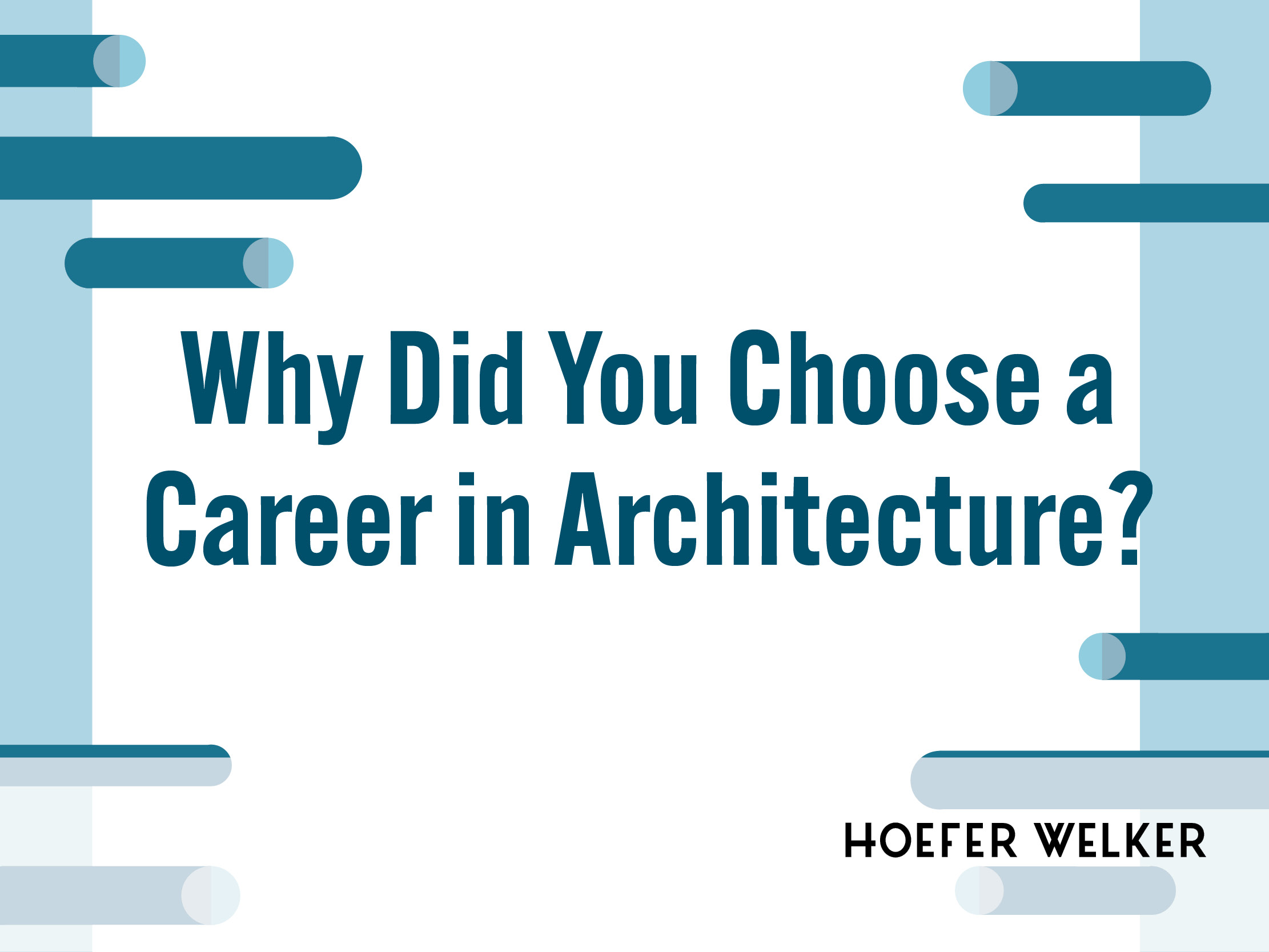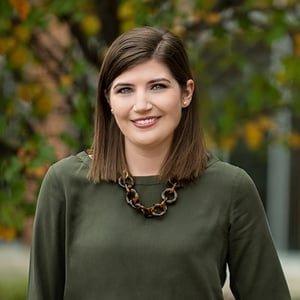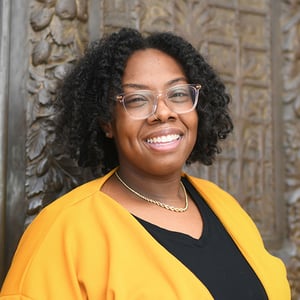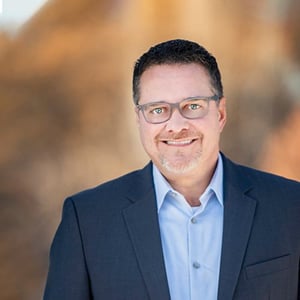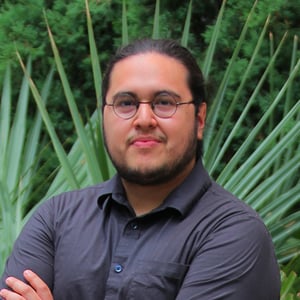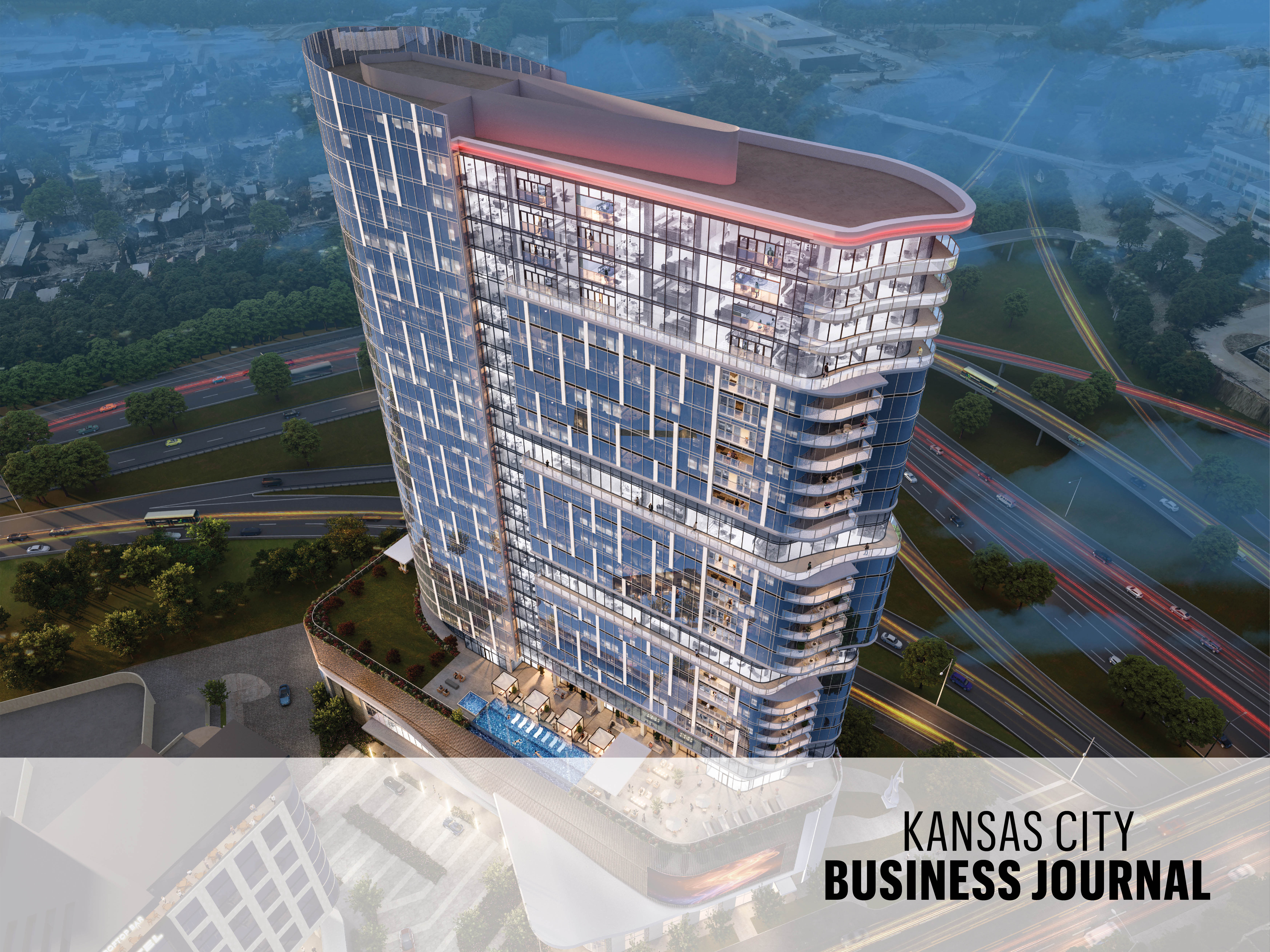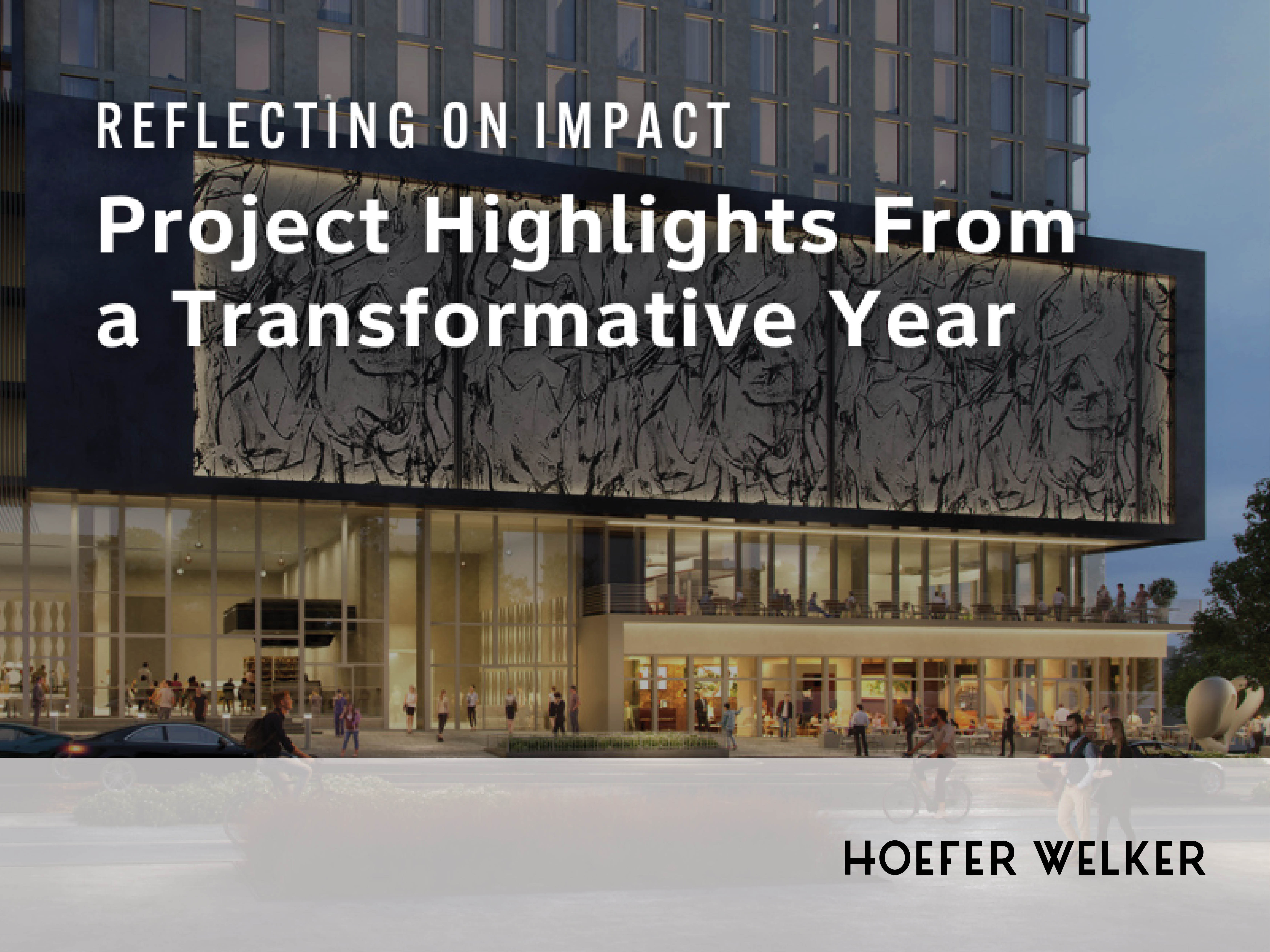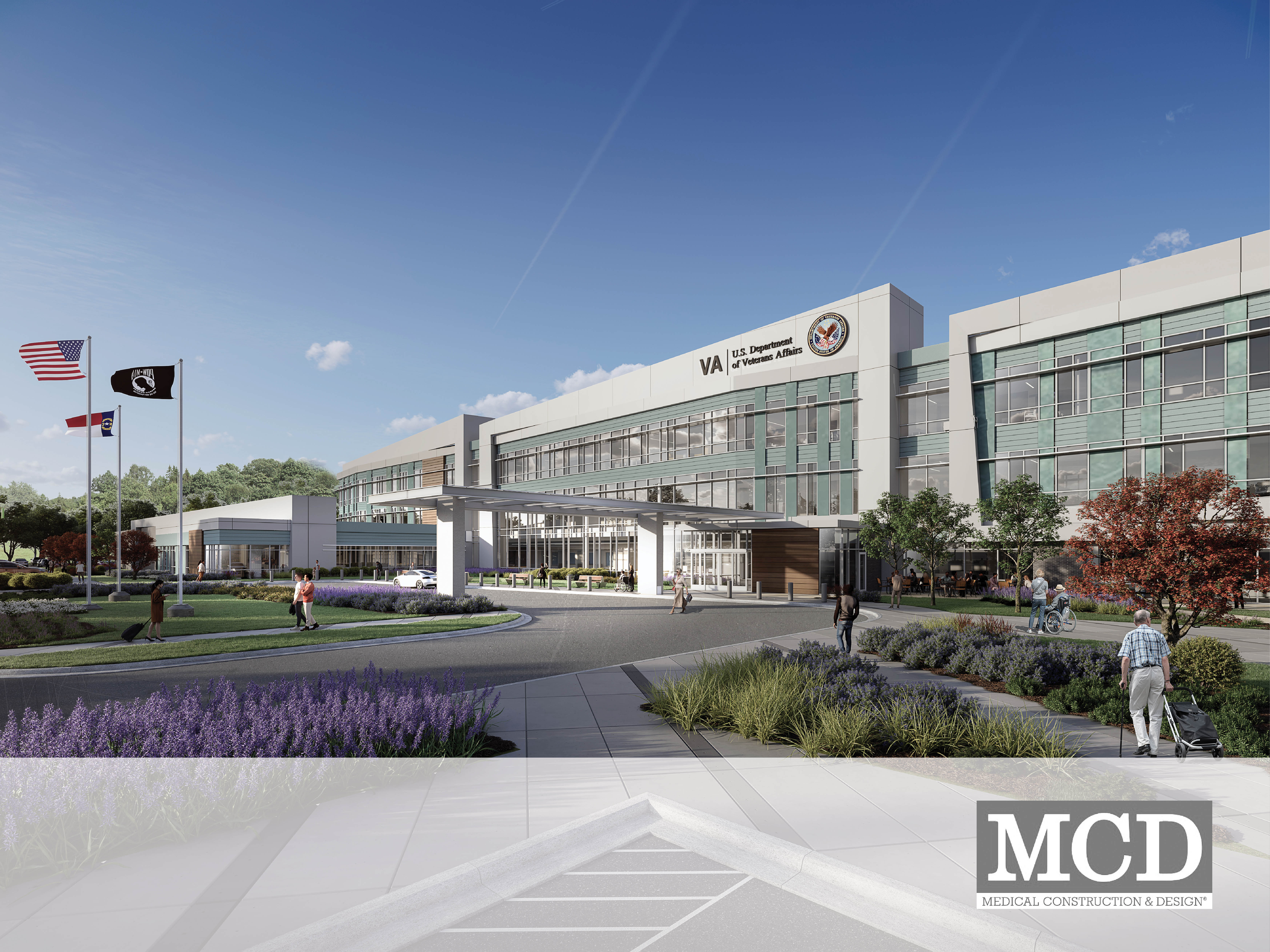The New York City skyline is one of the most photographed locations in the world. Tens of millions of people walk into office buildings, hospitals and public parks every day. Countless people use staircases, entryways and kitchens throughout the day. What connects all of these environments? Architects and interior designers.
From elevating the seemingly simple to designing grand spaces, the architecture industry is responsible for the visual culture of our lives. In celebration of World Architecture Day, we asked several Hoefer Welker professionals why they chose to devote their lives to this industry and what projects have had a lasting impact on their careers.
Matthew Baumann
Associate | Architectural Designer
Why did you choose to become an architect?
I grew up in a military family overseas, allowing me to travel throughout Europe. From Italy to Hungary to Germany, the architecture and craftsmanship I saw helped instill in me an eye for beauty and to find my passion for architecture. My calling in life was always placemaking, specifically cultivating space beyond fulfilling an end user’s needs on paper. When a client can pick out the small decisions that help elevate the big idea, it makes all the effort worthwhile. Architects can improve the quality of life, and I feel fortunate to contribute my talents here.
What has been your favorite project to work on?
Freight House Village, luxury apartments in Kansas City’s Crossroads Arts District, has been an exciting undertaking. The project’s industrial-chic architecture complements the area’s historic buildings, creating a sense of permanence and belonging. A glass and steel tower accented with rustic brick walls will add character to the intersection and respect the neighboring buildings. This project will provide sought-after amenities expected in urban apartment living and stand as an artistic revival of the district’s brick warehouse architecture.
When a client can pick out the small decisions that help elevate the big idea, it makes all the effort worthwhile. Architects can improve the quality of life, and I feel fortunate to contribute my talents here.
Erik Higgins
Senior Associate | Senior Project Manager
Why did you choose to become an architect?
I don’t know if there was one specific reason why I wanted to be an architect. I was always fascinated by large-scale construction growing up, whether a medieval castle or large ocean liner. And like a lot of architects, I loved playing with Legos. But I never built planes or rockets or boats. I always constructed buildings. I was also very much into art and typically chose to draw buildings. You could say I’ve always been interested in creating physical art.
What has been your favorite project to work on?
I am working on a pediatric behavioral health project that I’m enjoying. The subject matter is heavy, and it’s heartbreaking to hear the stories of the patients. But we have a great opportunity to create beautiful healing spaces for some of the most vulnerable patients — all while adhering to extremely restrictive and complex rules, codes, and guidelines. That is where design professionals shine.
Lyndsee Johnson
Associate Vice President | Director of Health & Education Interiors
Why did you choose to become an interior designer?
My desire to become an architect started in elementary school. I would spend hours drawing and designing houses for fun. It wasn’t until after starting architecture school that I realized I wanted to focus on interior architecture because the interior spaces truly shape the user’s experience.
What has been your favorite project to work on?
I have enjoyed so many projects I have worked on that it’s hard to narrow down to one! One that stands out to me is the North Kansas City Schools SAGE Center. The client was open to innovative ideas and wanted to create a space that allowed students to be independent learners, collaborate, and think creatively. It was rewarding to see how the design played a role in allowing the teachers to teach and students to learn in new ways.
After taking a class on the history of architecture, I fell in love with the idea of creating spaces that can positively impact and be a resource to the community. I chose architecture to be my work of art.
LaTeisha Lee
Architectural Designer
Why did you choose to become an architect?
I grew up in Kansas City, Kansas, which has a ton of art and hidden architectural gems. I have always loved art and art history, but I didn’t know how I could use those skills to make an impact on my community. I chose architecture after being a studio art major during the first year of my undergraduate degree. After taking a class on the history of architecture, I fell in love with the idea of creating spaces that can positively impact and be a resource to the community. I chose architecture to be my work of art.
What has been your favorite project to work on?
My favorite project is the AdventHealth Cancer Institute. Designing a new building with expansion plans and being connected to the existing hospital was enormously complicated. The complexity of the building services and design made this an interesting project with many architectural lessons.
Patrick McCurdy
Partner | Healthcare Practice Leader
Why did you choose to become an architect?
I have always been interested in design and creating a better world. From art and drawing classes as a teenager to immersing myself in a creative culture at The University of Kansas School of Architecture and Design, I learned early that designers have a social responsibility to address complex issues with implementable and fundable creative solutions that make the world a better place.
What has been your favorite project to work on?
The Midwest Transplant Network’s (MTN) new facility integrates organ recovery services into its current program. MTN is a federally certified, not-for-profit Organ Procurement Organization serving Kansas and western Missouri — one of only 58 nationwide. The project team, comprised of the client, contractor, architect, and engineering consultants, formed a collaborative relationship to work as one team. Together, we analyzed MTN’s current state, ideated the desired future state, and translated it into process maps and tailored solutions to maximize clinical and building performance. This project, however, was about more than simple efficiency; it was about saving lives, relieving overwhelmed healthcare facilities, and improving the experience of organ donors’ families.
I learned early that designers have a social responsibility to address complex issues with implementable and fundable creative solutions that make the world a better place.
Jacob Olsen
Associate | Interior Designer
Why did you choose to become an interior designer?
I always knew I wanted to design buildings growing up. After taking an introduction to engineering and architecture class in high school, I realized I most enjoyed and excelled at designing a building’s interior elements.
What has been your favorite project to work on?
My favorite project is the Midwest Transplant Network Organ Recovery Suite & Donor Care Unit. The project had a little bit of everything — healthcare, commercial office, hospitality — so we could do a lot of cool stuff. The client was amazing to work with, and their work to save lives through organ/tissue donation is very near and dear to my heart.
Isaiah Sigala
Architectural Designer
Why did you choose to become an architect?
My initial draw to a career in architecture came from its simultaneous creative and technical nature — pulling qualities from disciplines like graphic design, engineering and construction. Through school and now, early in my career, I’ve also learned about the impact the profession has on our communities and the environment, which has only propelled my admiration for architecture further.
What has been your favorite project to work on?
Two civic projects in Midlothian, Texas, have been the most rewarding in my career thus far. The experience of working with a local government as a client and designing buildings that will serve the community has been very fulfilling. I also appreciate being a part of these projects from the beginning — from putting the proposal together and working in initial charettes with the client to refining the design through construction documents.
Katherine Waldrop
Associate Vice President | Project Architect
Why did you choose to become an architect?
I’ve wanted to be an architect since I was in kindergarten. I’m sure my love for puzzles, math and drawing had something to do with it. I don’t know what ultimately drove me to the field, but I know that I get to live out my childhood dream every day at Hoefer Welker.
What has been your favorite project to work on?
The best part of my career at Hoefer Welker is that I have had the opportunity to work on all of our different market sectors and project scales. I’ve learned something from and been passionate about every one of them. The Lawrence Police Headquarters is one of my favorite projects because, through strong space planning and innovative design thinking, we were able to give the owner so much more than they thought they could afford.
CAREERS AT HOEFER WELKER
Interested in the architecture industry? Learn more about careers at Hoefer Welker and join our team!
